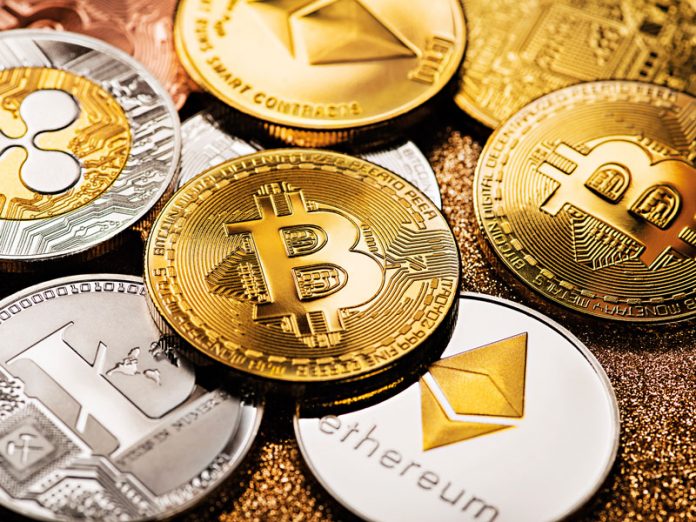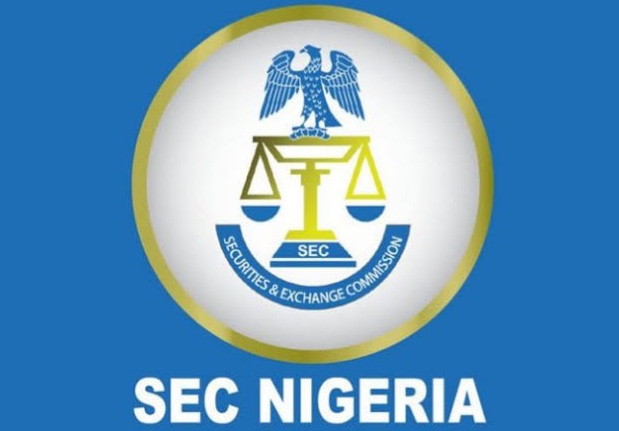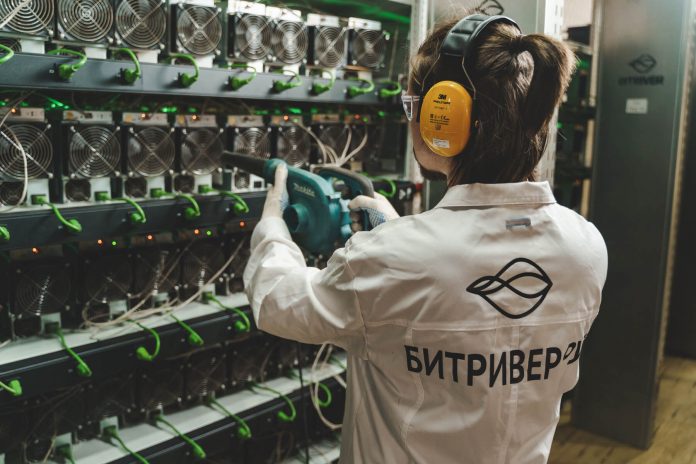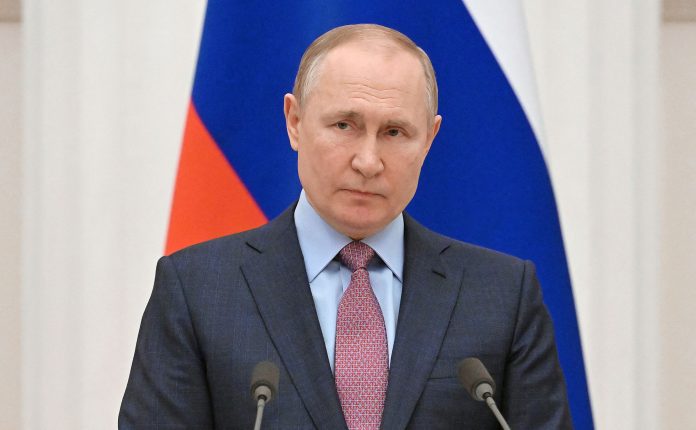The DOJ has filed its first criminal complaint against an American who allegedly used cryptocurrency to evade US sanctions. “The payments platform advertised its services as a way to get around US sanctions, including purportedly untraceable virtual currency transactions.”
According to a judicial opinion document filed on Friday by US Magistrate Judge Zia M. Faruqui, the US Justice Department has filed its first criminal complaint against a US citizen who allegedly tried to evade American sanctions by using cryptocurrency. The case remains closed.
Judge Faruqui explained why he approved the Department of Justice’s criminal complaint against an American citizen accused of sending more than $10 million in bitcoin to a crypto exchange in a country that has been comprehensively sanctioned. Cuba, Iran, North Korea, Syria, and the Crimean, Donetsk, and Luhansk regions are currently under international sanctions.
The U.S. Treasury Department’s Office of Foreign Assets Control (OFAC) has imposed fines against crypto exchange platforms for violating sanctions laws. However, the judge explained:
The Department of Justice can and will criminally prosecute individuals and entities for failure to comply with the OFAC’s regulations, including as to virtual currency.
The DOJ alleged that the defendant, a U.S. citizen, used an IP address in the U.S. “to conspire to operate an online payments and remittances platform” based in a comprehensively sanctioned country. The Justice Department noted:
The payments platform advertised its services as designed to evade U.S. sanctions, including through purportedly untraceable virtual currency transactions.
The defendant also opened an account with a U.S.-based cryptocurrency exchange to buy and sell bitcoin. The defendant then used this crypto exchange account to transmit over 10 million dollars worth of BTC between the U.S. and sanctioned countries for the platform’s customers. The DOJ detailed how the defendant conspired to violate the International Emergency Economic Powers Act (IEEPA) and defraud the United States.
The judge further noted: “The question is no longer whether the virtual currency is here to stay … but instead whether fiat currency regulations will keep pace with frictionless and transparent payments on the blockchain.”








